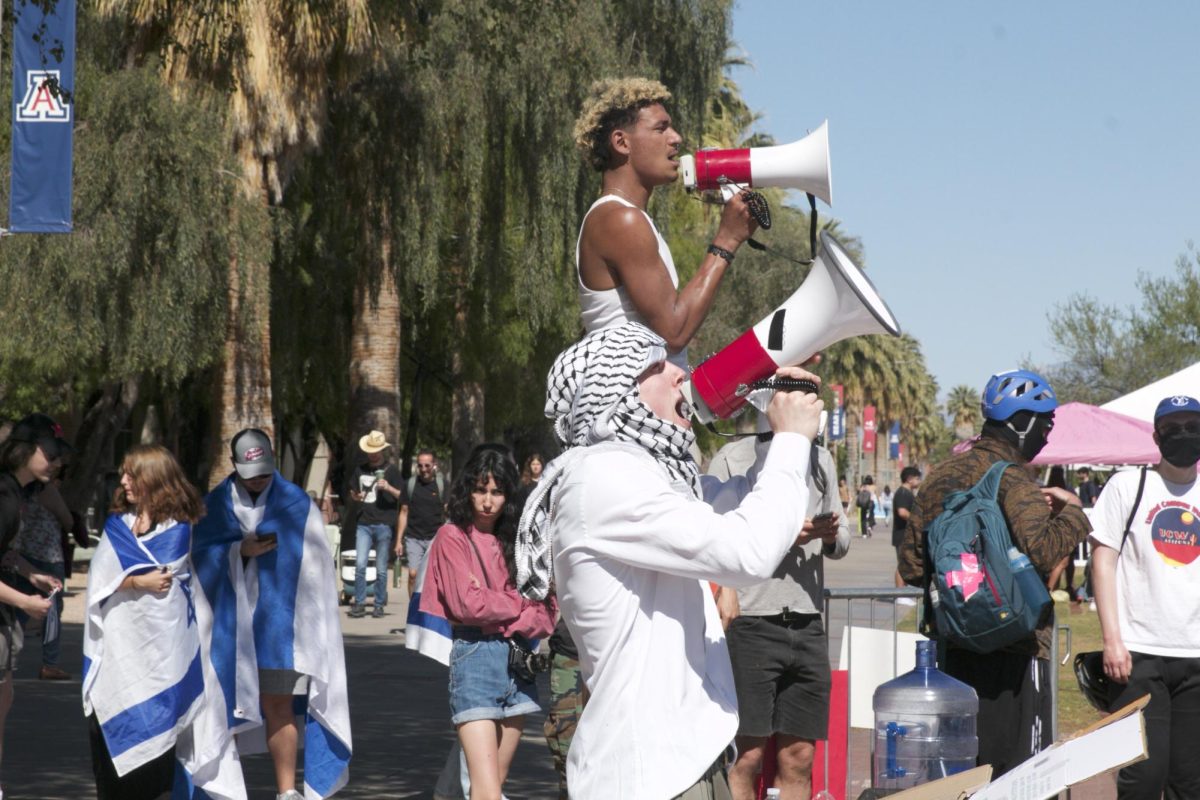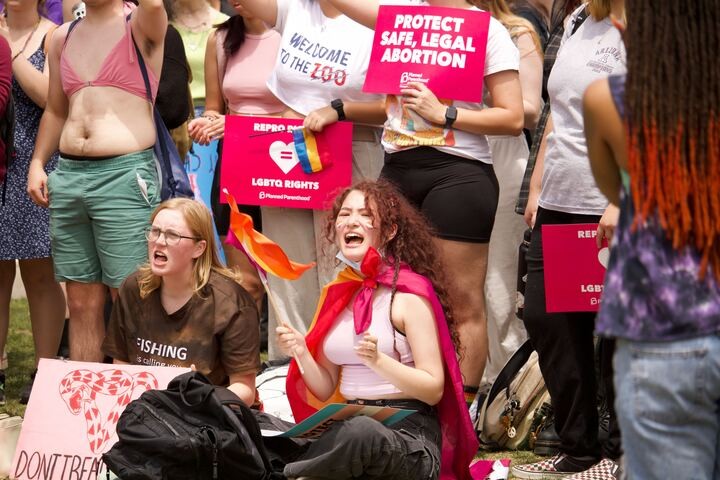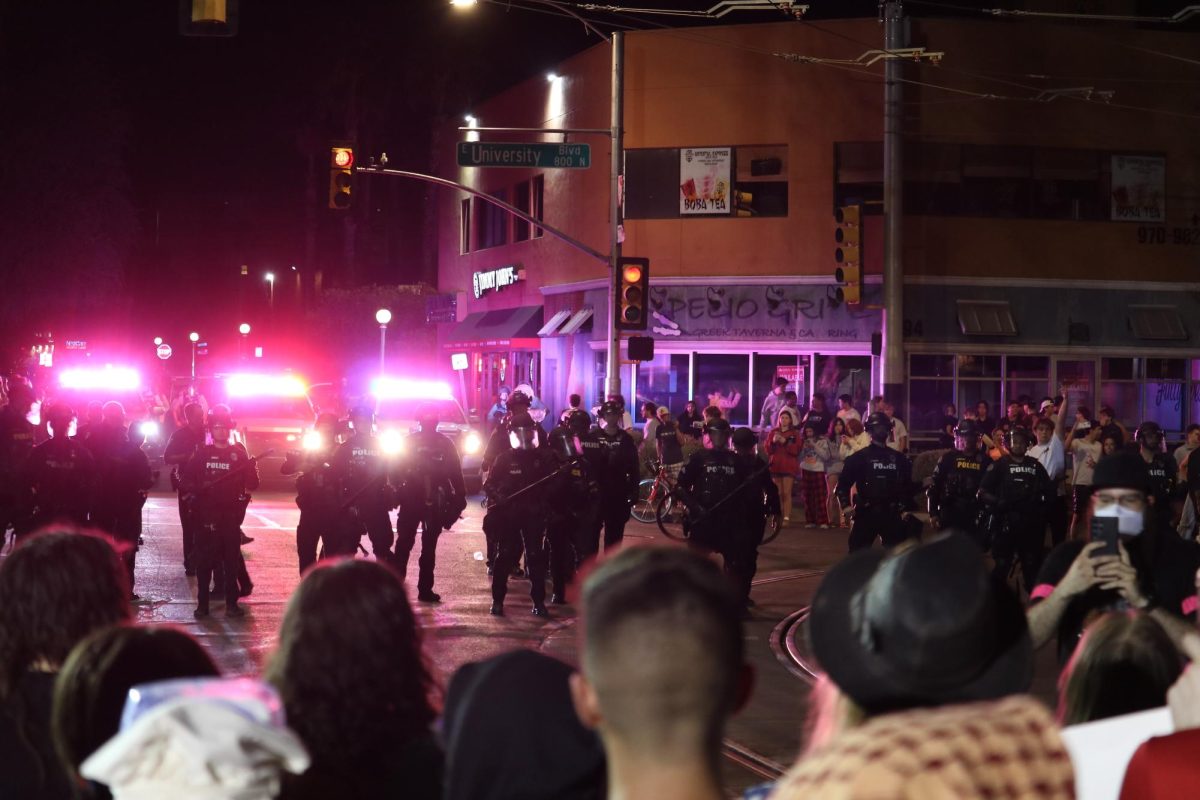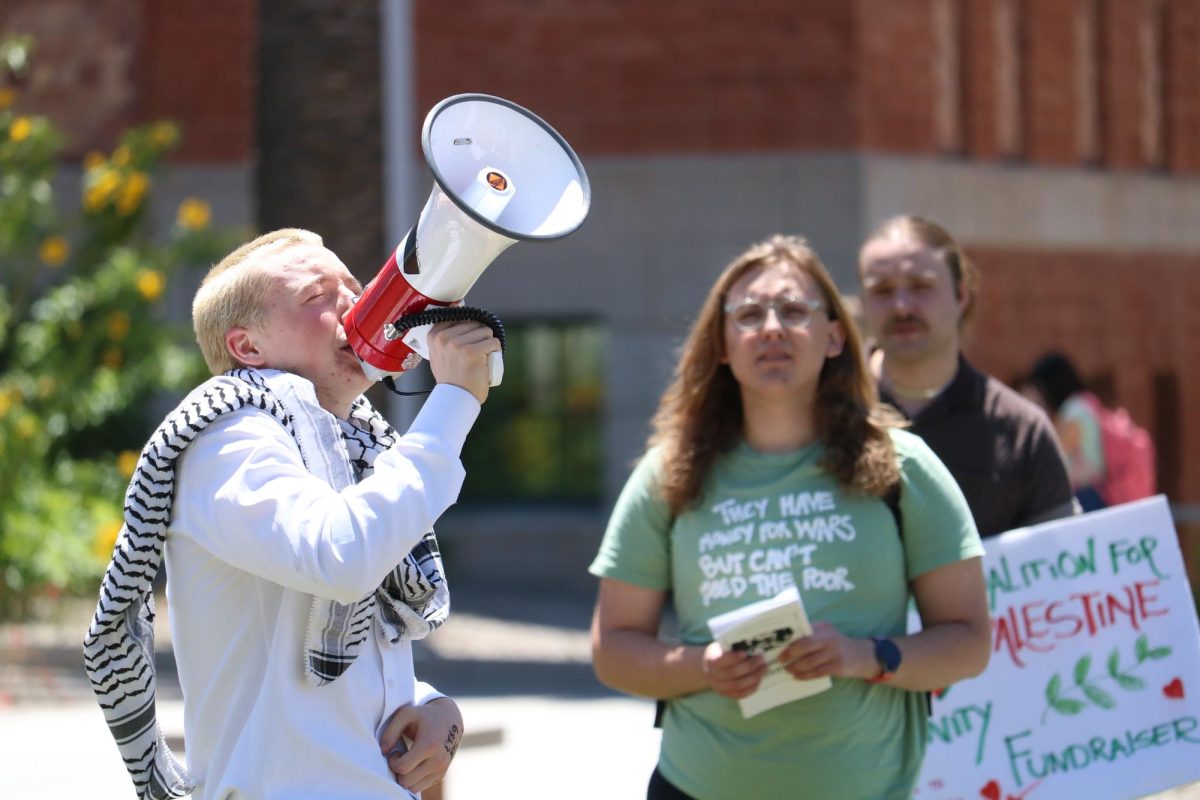The UA’s annual Banned Books Week will feature a performance, exhibit and speaker panel to celebrate the freedom to read from Sept. 24 to Oct. 1.
The Associated Students of the University of Arizona and the UA chapter of the Progressive Librarians Guild will put on a theatrical performance “ReadOUT, ACTout” based on four frequently challenged children’s books that show alternative families and gender expressions. The performance was inspired by an event that took place at San Francisco State University earlier this year.
Stephan Elizander Przybylowicz, co-director of ASUA Pride Alliance, said the goal of Banned Books Week is to bring awareness to the censorship of books, comics, music and other materials.
“It’s important for students to attend Banned Books Week events because as educated individuals, we need to start thinking for ourselves and stop letting governments, parents, or anyone else tell us what to read,” Przybylowicz said.
Banned Books Week will also include a Banned Books Exhibit in the UA Main Library and a “Books, Comics & Rock and Roll: Censorship in the Modern Age” speaker panel, both hosted by the UA chapter of the Progressive Librarians Guild. The exhibit will display issues like why books were challenged, the most frequently challenged books and what groups led the challenges. Guest speakers at the panel will include Richard DiRusso, manager of the collection development office at the Pima County Public Library, Randy Peterson, general manager and development director at KXCI 91.3 FM radio station and Henry Barajas, promotional manager at Tucson Comic-Con and a writer for El Loco.
Banned Books Week began in 1982 and was promoted by the American Library Association. For several years, the UA chapter of the Progressive Librarians Guild and the UA Libraries partnered to showcase the Banned Books Exhibit and a speaker panel.
“I believe that the freedom to read content of our choosing is central to a fair and democratic society that values dialogue over fear,” Przybylowicz said.








